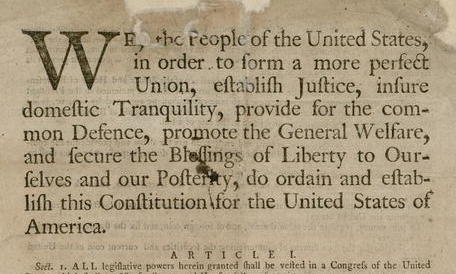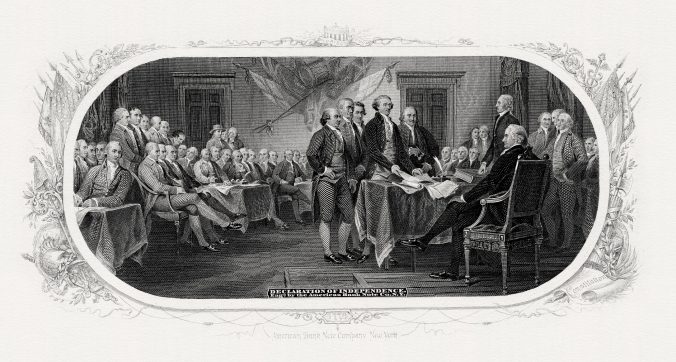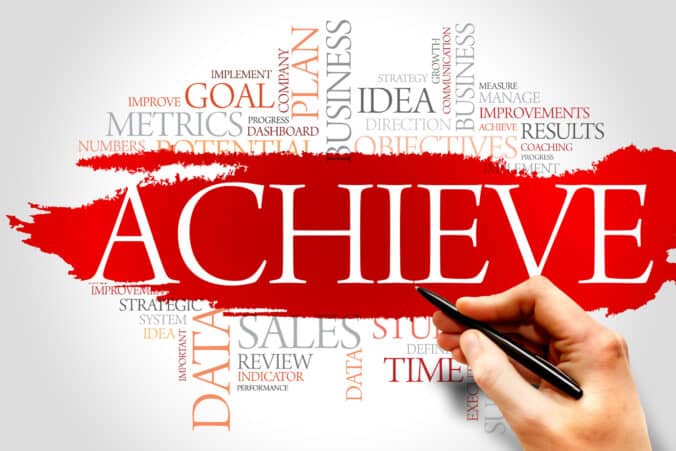As we gather to celebrate Independence Day 2024, it’s a fitting time to reflect on the extraordinary principles that form the bedrock of our democracy. The Declaration of Independence and the Constitution of the United States are not merely historical documents; they are the living framework of a great experiment in governance, where the rule of law prevails, and no one is above it.
The Declaration of Independence: A Bold Statement of Freedom
On July 4, 1776, the Continental Congress adopted the Declaration of Independence, a bold assertion of the American colonies’ intent to break free from British rule. Drafted primarily by Thomas Jefferson, the Declaration articulated the colonies’ grievances against King George III and proclaimed the inherent rights of individuals. The famous preamble, which states that “all men are created equal” and endowed with “unalienable Rights” including “Life, Liberty, and the pursuit of Happiness,” has resonated through the ages as a powerful declaration of human rights.
The Declaration of Independence was revolutionary in asserting that government derives its power from the consent of the governed, a stark departure from the prevailing notion of the divine right of kings. This foundational idea laid the groundwork for the development of democratic governance, emphasizing that legitimacy stems from the people’s will.
The Constitution: A Framework for Democracy

The Preamble to the Constitution outlines its purposes: “to form a more perfect Union, establish Justice, insure domestic Tranquility, provide for the common defence, promote the general Welfare, and secure the Blessings of Liberty to ourselves and our Posterity.” These goals reflect the Founders’ vision of a government that serves its people and protects their rights.
One of the most significant aspects of the Constitution is the Bill of Rights, the first ten amendments that guarantee fundamental liberties such as freedom of speech, religion, and the press; the right to peaceful assembly; and protections against unreasonable searches and seizures. These amendments enshrine the principle that certain rights are inviolable, even by the government.
The Rule of Law: No One Above the Law
A cornerstone of American democracy is the rule of law, which asserts that laws apply equally to all individuals, regardless of their position or status. This principle was a radical departure from the systems of governance that dominated the world in the 18th century, where monarchs and nobility often operated above the law.
The Constitution’s establishment of an independent judiciary is crucial to upholding the rule of law. The judicial branch has the authority to interpret the Constitution and to ensure that laws and executive actions comply with constitutional principles. Landmark Supreme Court cases, such as Marbury v. Madison, which established judicial review, have reinforced the judiciary’s role in maintaining the balance of power and protecting individual rights.
A Living Experiment
American democracy is often called a “great experiment,” a testament to its evolving nature. Over the centuries, the Constitution has been amended to address changing societal needs and to expand the rights and protections it offers. The abolition of slavery through the 13th Amendment, the extension of voting rights to women with the 19th Amendment, and the civil rights advancements of the 1960s all demonstrate the Constitution’s adaptability and enduring relevance.
Independence Day 2024
As we celebrate Independence Day 2024, we honor the visionary documents that laid the foundation for our democracy: the Declaration of Independence and the Constitution. These documents embody the revolutionary idea that government should be by the people and for the people, underpinned by the rule of law and the protection of individual rights. They remind us that democracy is not static but a living experiment that requires our active participation and vigilance to uphold its principles. This Independence Day, let us recommit to the ideals of liberty, equality, and justice for all, ensuring that the great experiment of American democracy continues to thrive.
For more information on the Declaration of Independence, visit www.archives.gov/founding-docs/declaration. For information on the Constitution, visit www.archives.gov/founding-docs/constitution.
We share these sentiments with you: Happy Independence Day 2024! May the Great Experiment in government of, for, and by the people continue unabated!
Please feel free to share this post yourself, with an attribution link back to the original here: https://www.bloggey.com/independence-day-2024/ Images courtesy of Wikimedia.ORG
Regards,
Keith Klein
Organizer, Wisconsin Business Owners
Founder & CEO, OnYourMark, LLC
Proprietor, Main Street Oil
Chief Blogger, Bloggey.com
Please contact us with questions. Best to call, email or visit our site for the best response. We do invite you to engage with us on social media (just not for immediate needs).
As always, if you like, you will find us on the following social media sites, among many others:



 Great Expectations:
Great Expectations: Setting Great Expectations for the New Year
Setting Great Expectations for the New Year



